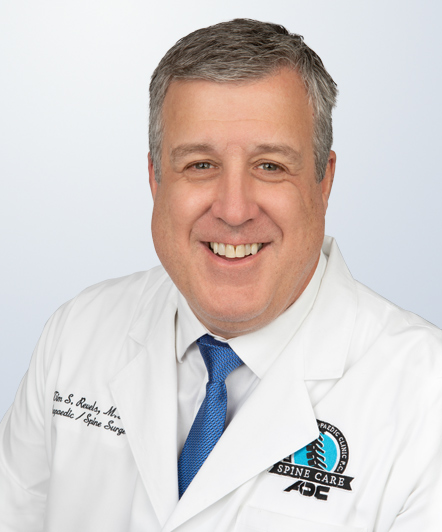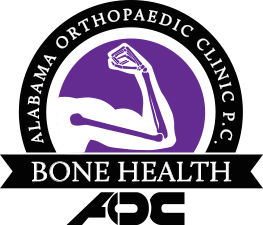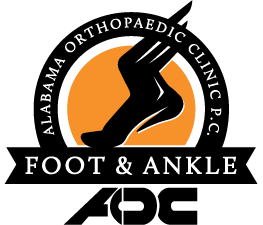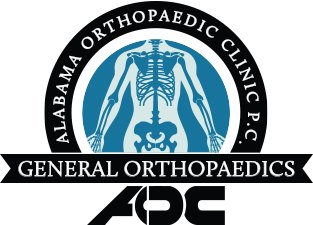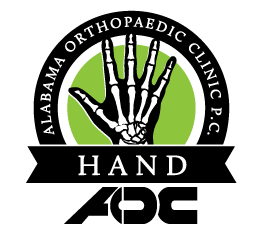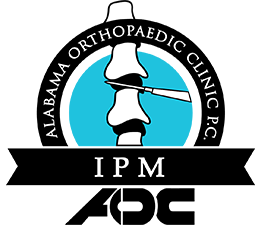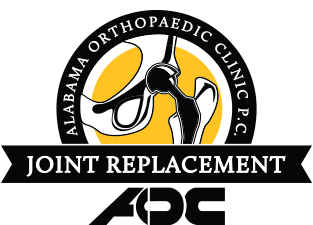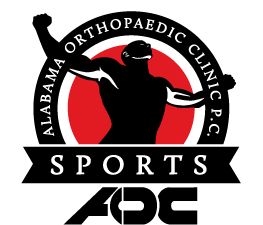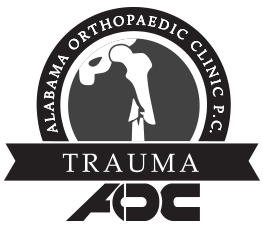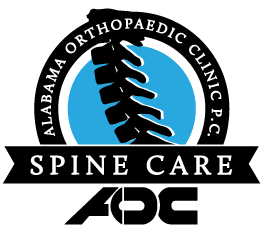Choosing the right orthopedic surgeon is the first step toward a successful surgery and a fast recovery. You may be wondering, but how do I know which surgeon is right for me? Here are a few tips and questions to keep in mind through your decision process:
Ask around
Just as you consult your friends, family or neighbors about products and services, so should you about doctor recommendations. AOC’s Dr. Barber says that asking around is the safest bet. He added, “There are a lot of people in the community that have these surgeries. So if you know 10 people that have had a great result from one surgeon that’s usually a pretty good endorsement.”
Don’t just take your friends and family’s word for it, also seek professional recommendations from your doctor or healthcare provider. Asking around can help you find a starting point in your search for an orthopedic surgeon.
Quick search
Go to your search engine of choice and type in your potential surgeon’s name. Review what others have said and any other available information. Remember: not everything on the Internet is concrete – some reviews can be exaggerated. Take the information and use it with discretion.
Research further
Narrow down your search by looking at your potential surgeon’s credentials. Visit their practices website, and learn more about their work experience and area of specialty. If you want more information about a particular surgeon, a great source is the American Academy of Orthopedic Surgeons.
Before you make your final decision, consider these questions:
Questions to Ask Before Having an Operation
1. Why do I need this operation?
2. How will the operation be performed?
3. Are there other treatment options, and is this operation the best option for me?
4. What are the risks, benefits, and possible complications for this operation?
5. How will I be monitored during the operation?
6. What can I expect before the operation?
Will I need any special preparation – tests, blood donation, blood thinners and change in my routine medications?
Will I need any special diet?
When do I have to stop eating and drinking?
Should I take my home medication on the day of my operation?
7. What can I expect for my recovery in terms of treatment, medication, diet, and home care?
What type of care will I have to provide for myself at home?
When will I be able to return to my regular activities (work, lifting, driving, and exercise)?
Will I need any medication—antibiotics, pain medication?
What can I do to help with my recovery?
8. Could you tell me about your experience with this operation?
Do you perform this operation regularly?
What is your success rate, and how often do your patients experience any problems?
Are you board certified?
Are you a member of the American College of Surgeons?
How can I contact you if I have more questions?
9. Is the surgical facility accredited and properly staffed?
10. How much will the operation cost me, and what type of insurance do you take?
What to Consider when Looking at Online Doctor Websites:
Where did they get the data?
How accurate is the data?
Is the data immune from bias?
Does the data consider practice specializations or areas of focus?
2. Healthcare Expertise
Other Resources for Joint Replacement Surgeon Data American Association of Hip and Knee Surgeons
AOC understands selecting the right orthopedic surgeon can be overwhelming. Please visit our website, www.alortho.com, to learn more about our team of doctors and the services they provide. To schedule an appointment or consultation, please call: 251.410.3600
Resources:
Resource 1
Resource 2
Resource 3




